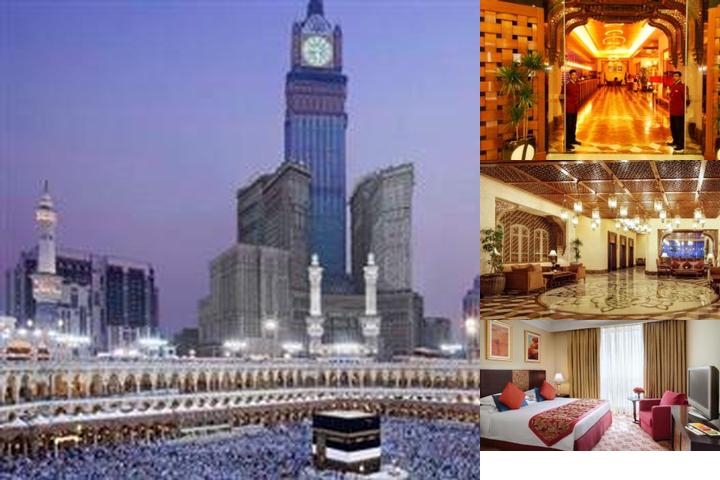Prayer rooms, hijab scarves made of local silk and even halal-certified whale meat are now on offer as the tourism industry wakes up to demand from Muslim travelers.
For a largely homogeneous country with only around 100,000 practicing Muslims, that means understanding unfamiliar customs as the country tries to double the number of tourist arrivals by 2020.
“Muslim travelers still do not feel comfortable here,” said Datuk Ibrahim Haji Ahmad Badawi, head of Malaysian food company Brahim’s. “The government seems to have understood this.”
He was speaking at a recent seminar on halal tourism in Tokyo. Similar seminars were held in 20 regions across Japan last year, where hoteliers and restaurateurs were invited to learn how to cater to Muslims.
The Osaka Chamber of Commerce handed out 5,000 leaflets as a guide to what can and cannot be eaten. The idea that kitchens should be free of pork products and alcohol is a novel one in omnivorous Japan.
With the Islamic world currently observing the holy month of Ramadan, tourism to Japan is being heavily promoted in mainly-Muslim Southeast Asia, where Japan relaxed visa requirements in 2013 for travelers from Malaysia and Thailand.
Indonesians — the world’s largest Muslim population — are slated to receive similarly loosened requirements shortly.
Japan National Tourism Organization figures show the number of Indonesians visiting the archipelago in 2013 was 136,797, up 34.8 percent on the previous year. In the same period, 176,521 Malaysians visited, an increase of 35.6 percent.
Chinese tourist numbers have recovered from their plunge following the 2012 eruption of tensions between Beijing and Tokyo over islands in the East China Sea.
But broadening Japan’s appeal as a destination is key if the industry is to meet the 20 million visitors target set for 2020 when the Olympic Games come to Tokyo.
“Can you imagine the number of Muslim athletes who will then come to Tokyo? We’ll have to feed them,” Badawi said.
Brahim’s has already signed a deal with All Nippon Airways to supply in-flight halal meals, Badawi said.
A number of large hotels have also approached him for advice on catering to Muslim guests.
For Badawi, despite Japan’s slow start, the direction of travel is clear: Holidaying Muslims will be coming in bigger numbers, giving Tokyo an ever-larger slice of a $600 billion global pie.
Slowly, various regions across Japan are catching on. Major airports now have dedicated prayer rooms, and tourists looking for the perfect present can pick up hijab scarves made of Japanese silk as they pass through Kansai International Airport, a recent TV report showed.
Long-term visitors are also being catered for, with 19 universities offering halal menus in their cafeterias in a bid to boost the number of Muslim students.
Customers looking for authentic — but halal — Japanese dishes already have choices in Tokyo. They include a “yakiniku” barbecue restaurant run by Roger Bernard Diaz, who hails Sri Lanka, where one person out of 10 is Muslim.
Diaz himself is Christian, but he changed the restaurant’s menu to offer halal meats and says it has resulted in reservations from customers from southeast Asia, and even the Gulf region of the Middle East.
But sourcing produce can be difficult.
“It’s hard to find all the ingredients,” he said, while pulling a halal chicken from Brazil out of a dedicated freezer.
Muslims who want to sample whale meat are also catered for after Japan’s whaling factory ship was certified halal-compliant last year.
The Japan Halal Association, which was founded in 2010, is one of only two bodies that can grant the status.
Its chairwoman, Hind Hitomi Remon, said business is brisk.
“We are an associate member of the World Halal Council,” she said. “Since 2012, we have issued certificates to 40 companies, and that number is set to rise a lot this year,” a fact she says is directly attributable to Tokyo being awarded the Olympic Games for 2020.
And even if the tourists don’t want to eat in Japan, producers are ready to ship produce overseas, with exports such as halal-certified soy sauce and rice from northern Akita Prefecture.
But until visitor numbers grow, businesses catering to Muslims will need to continue keeping an eye on what their other customers want.
Yakiniku restaurant owner Diaz says around half of his customers are Muslim and yet he still has to cater to his other patrons.
“It’s hard to do business here without selling alcohol,” he said.



